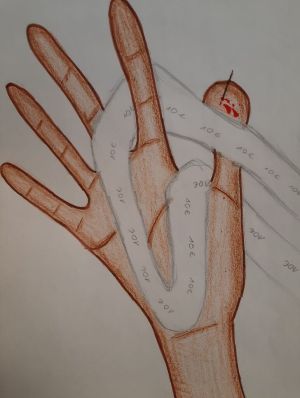Difference between revisions of "Bost xentimoko pupua eta hamar xentimoko trapua"
From wikidioms
| Line 65: | Line 65: | ||
|[[:Category:Romanian|Romanian]] | |[[:Category:Romanian|Romanian]] | ||
|Pahar de cinci cenți și pânză de zece cenți. <!--literal translation to this language--> | |Pahar de cinci cenți și pânză de zece cenți. <!--literal translation to this language--> | ||
| | |A face din țânțar armăsar. <!--To express the same to this language--> | ||
|... <!--Related idioms in this language. Use [[ ]] surrounding the idiom--> | |... <!--Related idioms in this language. Use [[ ]] surrounding the idiom--> | ||
|- | |- | ||
Revision as of 15:34, 29 March 2023
| Language | Basque |
| Topics | Money |
| Explanation and use (in mother tongue) | Ezbehar txiki bat dela eta, kexaka eta kexaka aritzea. |
In English
| Literal Translation: | Five-cent cup and ten-cent cloth. |
| Real meaning: | Complaining and complaining about a small mishap. |
| Related idioms: | Blowing it out of all proportion. |
In other languages
| Language | Literal translation | To express the same | Related Idioms |
|---|---|---|---|
| Basque | ... | ... | ... |
| Catalan | ... | ... | ... |
| Galician | Unha ferida de cinco céntimos e unha venda de dez céntimos. | Demasiada vendaxe para tan pouca ferida. | Moita carne para tan pouco gato. |
| German | ... | ... | ... |
| Italian | ... | ... | ... |
| Romanian | Pahar de cinci cenți și pânză de zece cenți. | A face din țânțar armăsar. | ... |
| Spanish | Una herida de cinco céntimos y una venda de diez céntimos. | Demasiada venda para tan poca herida. | |
| Turkish | ... | ... | ... |
